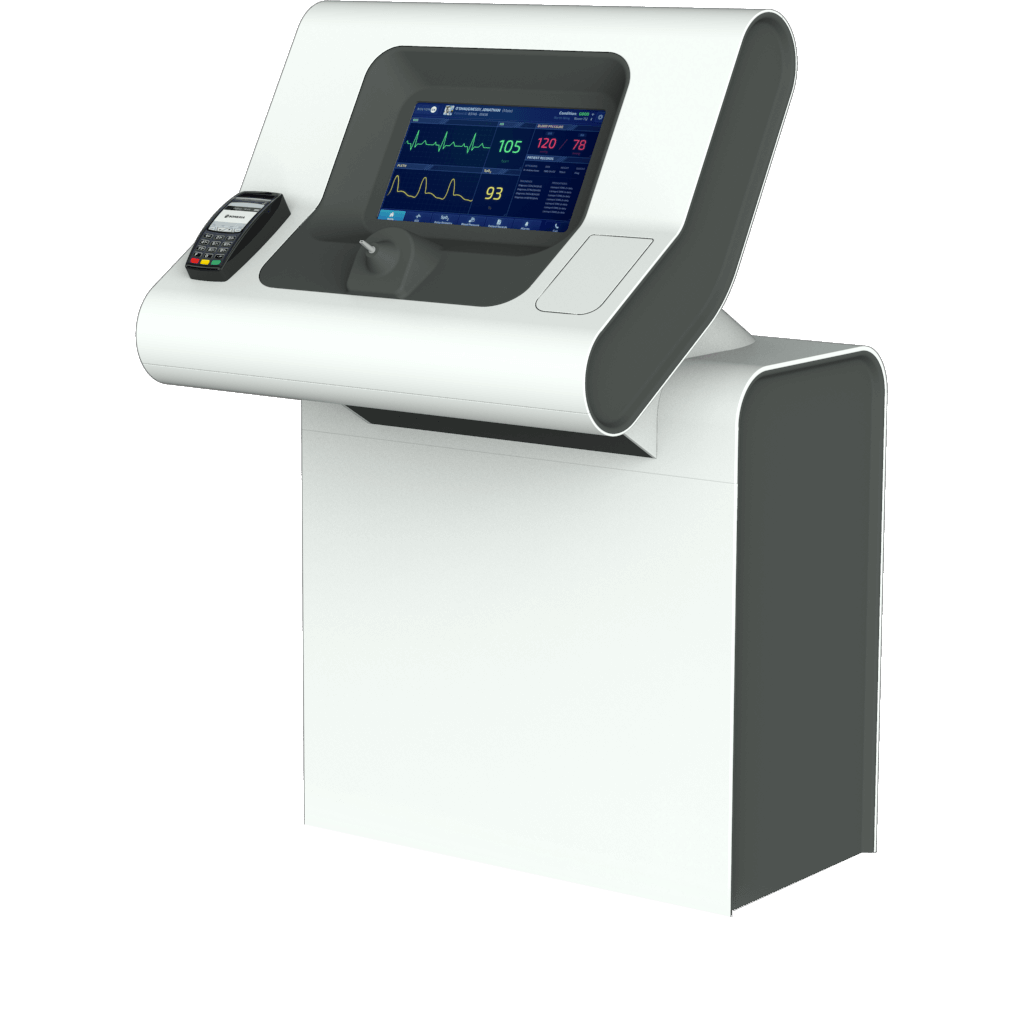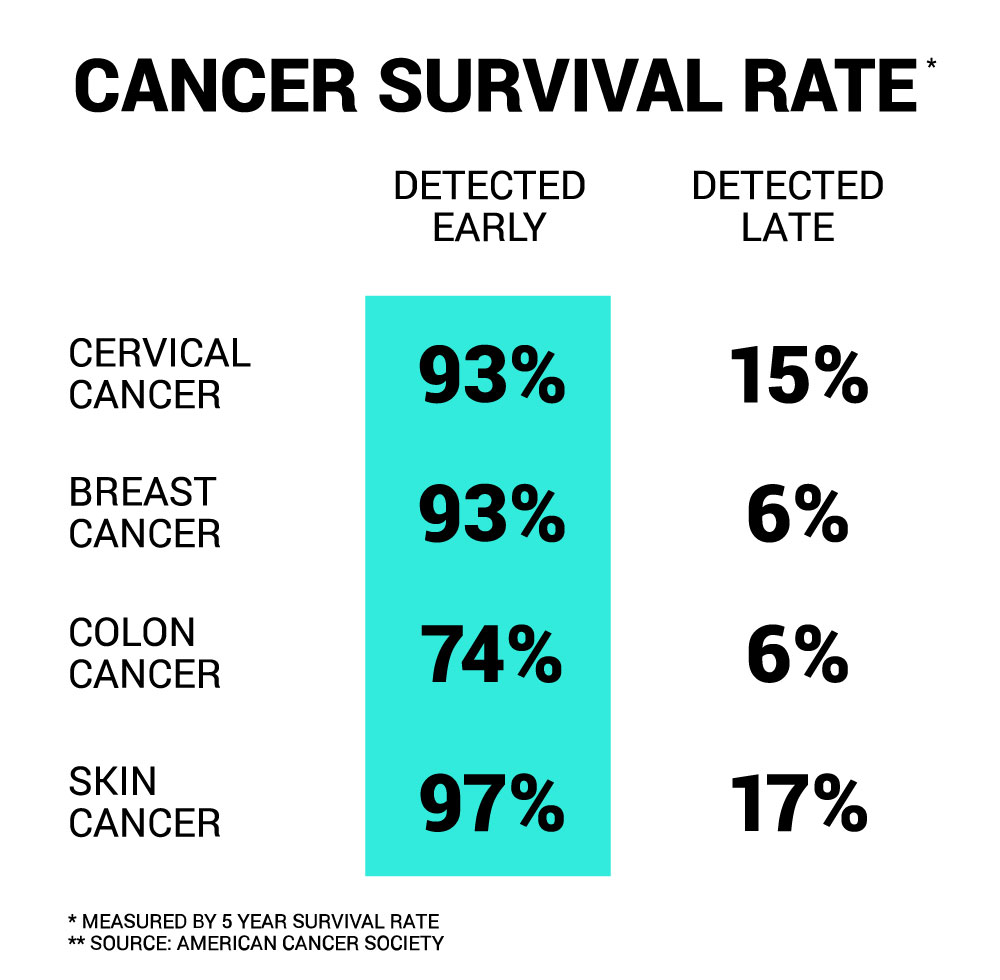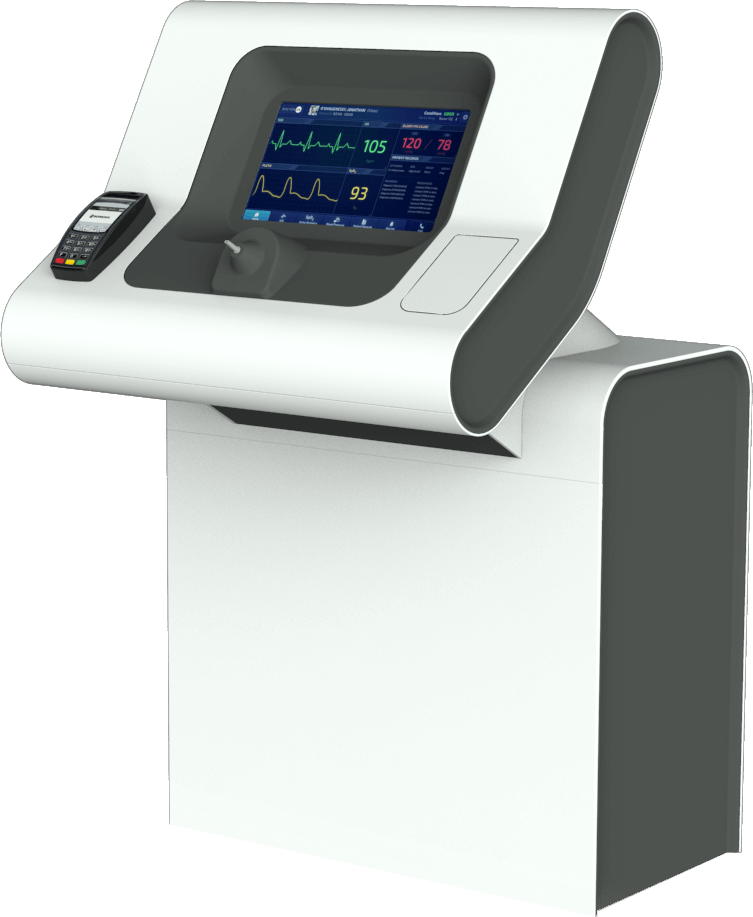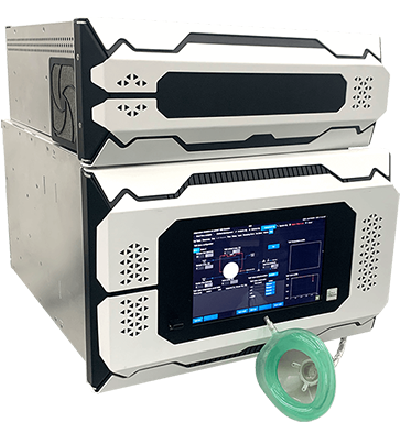Our SpiraBiopsy device allows for very early-stage detection of pathologies such as cancers, with a simple breath sample.
-
PLANNED MARKET LAUNCH
2022

Our SpiraBiopsy device allows for very early-stage detection of pathologies such as cancers, with a simple breath sample.
2022

Since one out of two people will develop cancer, early detection offers time to react and administer treatments, to prevent disease or boost the chances of survival. By measuring biomarkers in human breath, SpiraBiopsy can detect cancers and other diseases up to two years before the first symptoms appear. Analyzing metabolic functioning could become as much a part of our lifestyles as routine dental exams or taking our vital signs.

In collaboration with its partner ASDevices, Spira Innovation has developed a fully automated gas chromatography system to accurately measure VOCs. This product is unique in the healthcare field.
The exclusive analysis method of our patent-pending SpiraBiopsy device is 100% accurate, 100% of the time.
Several cancer-detection innovations have been developed over the past decades, spurred by the growing need for early detection. Among these discoveries, it has been demonstrated since the 1970s that metabolic changes associated with pathophysiology result in changes in volatile organic compounds (VOCs) in the exhaled air of patients. Endogenous VOCs are produced in the human body as a result of biochemical metabolic processes. SpiraBiopsy comes after extensive research that allows for the reliable diagnosis of early-stage diseases through the detection and analysis of these VOCs.
By characterizing biomarker profiles and tracking their evolution over time, healthcare professionals will have a greater chance of detecting cancer before it’s too late. Our device can quickly detect the presence of specific biomarkers of volatile organic compounds (VOCs) caused by various pathologies in the body, thus providing valuable data for follow-up during a health exam.
The deployment of the kiosks in different points of service will allow the public to participate in an active research program. Participants can contribute to scientific advancement by allowing the sequencing of new disease markers, from which they or a loved one could suffer. Combining our past and future research with the analysis of participant data could lead to a higher ability to predict diseases before they occur.






Every year around the world, there are 14 million new cases of cancer causing over 8 million deaths.

Worldwide demographic models predict that there will be over 27.5 million new cancer diagnoses per year by 2040.

Annual cancer-care costs are rising:

Beyond healthcare costs, people’s life expectancy and quality of life can be significantly enhanced through early detection of disease.

